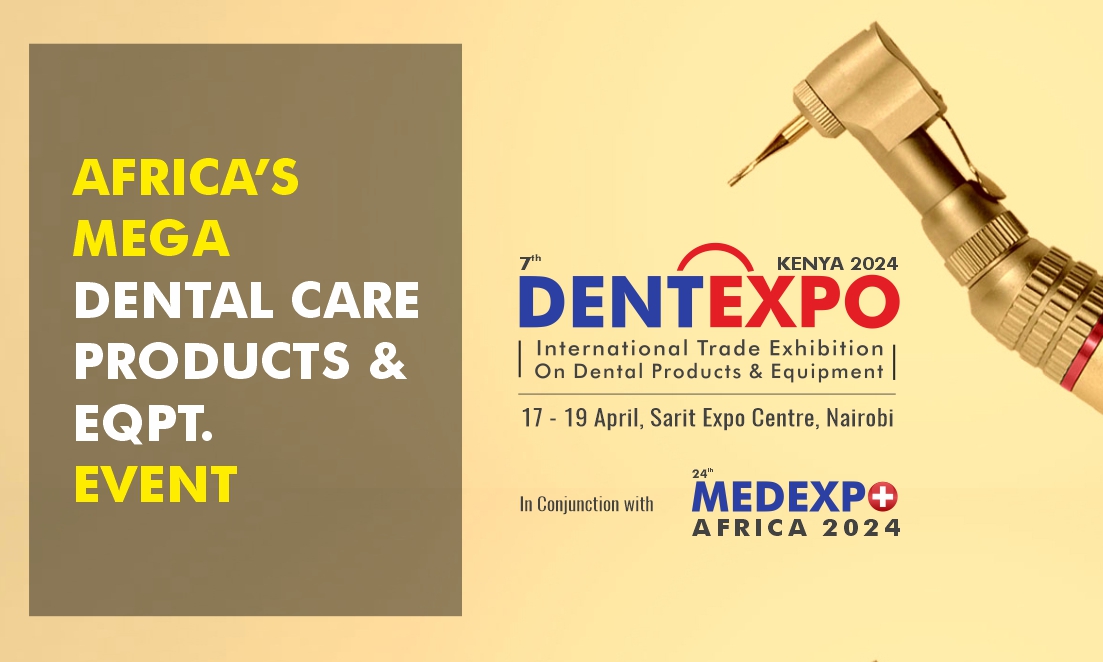

The Government is ready to implementing health reforms to achieve Universal Health Coverage
Posted on :Monday , 22nd August 2016
The Government of Kenya is committed to implementing health system reforms to accelerate movement towards Universal Health Coverage (UHC) as a means of realizing the “Right to Health” enshrined in the Constitution of Kenya 2010.
What is Kenya doing to sustain the MDG gains through UHC?
Vision 2030 envisages progressive movement towards UHC by the year 2030.
The Government has initiated key interventions to improve financial risk protection for persons utilizing health care services. Such initiatives include free maternity services, free primary care services, health insurance subsidies for targetted population groups (poor, older people and persons with severe disabilities).
Targeted interventions for high burden areas / counties such as Results Based Financing(RBF), voucher programs and demand-side financing
How is Kenya strengthening its health systems towards achieving UHC?
The health system reforms target improvements in availability of health infrastructure, training, health information management and equitable health financing systems, among others.
In the recent past, focus has been on:
Modernizing the public health infrastructure to improve equity in accessing health care. This includes provision of modern hospital equipment as well as expansion of specialist services such as cancer treatment.
Innovations in improving health care provision for populations in informal settlements and other underserved populations, including customized static, mobile and nomadic clinics.
Rapid expansion of health training institution to increase human resources for health. KMTC is increasing its coverage and enrollment to meet the country’s demand.
Deliberate focus on primary health care through increased Government budget to replace user fees for services provided at public primary care facilities and maternity services fees in all public facilities. The funding for such services has incorporated a shift from the traditional funding for inputs to results based payments. The latter approach is being utilized in re-imbursing public providers for maternity services country-wide as well as a set of targeted primary health care services in underserved areas of the country. Such mechanisms aim to increase supply of services and subsequent improvement in access and utilization.
In addition, the devolved system of Government allows devolved units to prioritize and implement health systems strengthening initiatives that meet citizens’ expectation.
Improved disease surveillance, preparation and response to pandemics such Ebola and Yellow Fever
How does your government plan to finance UHC?
The major sources of health care funding include:
National and county governments allocate budgets to provide health services through facilities they operate
The NHIF provides health insurance for both formal employees (mandatory) and informal sector workers (voluntary).
Households pay directly out of pocket for services – about 30% of the Total health Expenditure
Development partners contribute about 30% of the Total health Expenditure
What is the future of UHC in Kenya and in Africa generally?
The Government is currently developing a health financing strategy that will result in reforms such as:
Addressing health system inefficiencies; Increased budgetary allocation towards Abuja target; Introduction of mandatory health insurance to cover those who can pay and in-built subsidies for the indigent, and related health insurance reforms including NHIF reforms; Harmonization and alignment of external resources to improve efficiency and effectiveness; and Strengthening public-private collaboration.
UHC is pivotal to the attainment of the SDGs. It is not an end by itself but a means to an end. African countries need to invest in building and sustaining resilient health systems with robust infrastructure, adequate human resource for health, improve access to quality of care (especially for maternal and child health), encourage African countries to develop innovative approaches for domestic financing, health information and research. There is a strong need to implement national strategic programmes to tackle infectious and non-infectious diseases, emerging and new public health threats associated with high expenditure including out of pocket which deter Universal Health Coverage.
Please Select an Option

Expogroup
Expogroup is a full service exhibition organiser with over 28 years experience in International trade exhibitions. Our current portfolio includes 28 annual exhibitions from a diverse range of industries being held across the Middle East & Africa.
EXPOGROUP © 1996 - 2025 | Privacy policy

